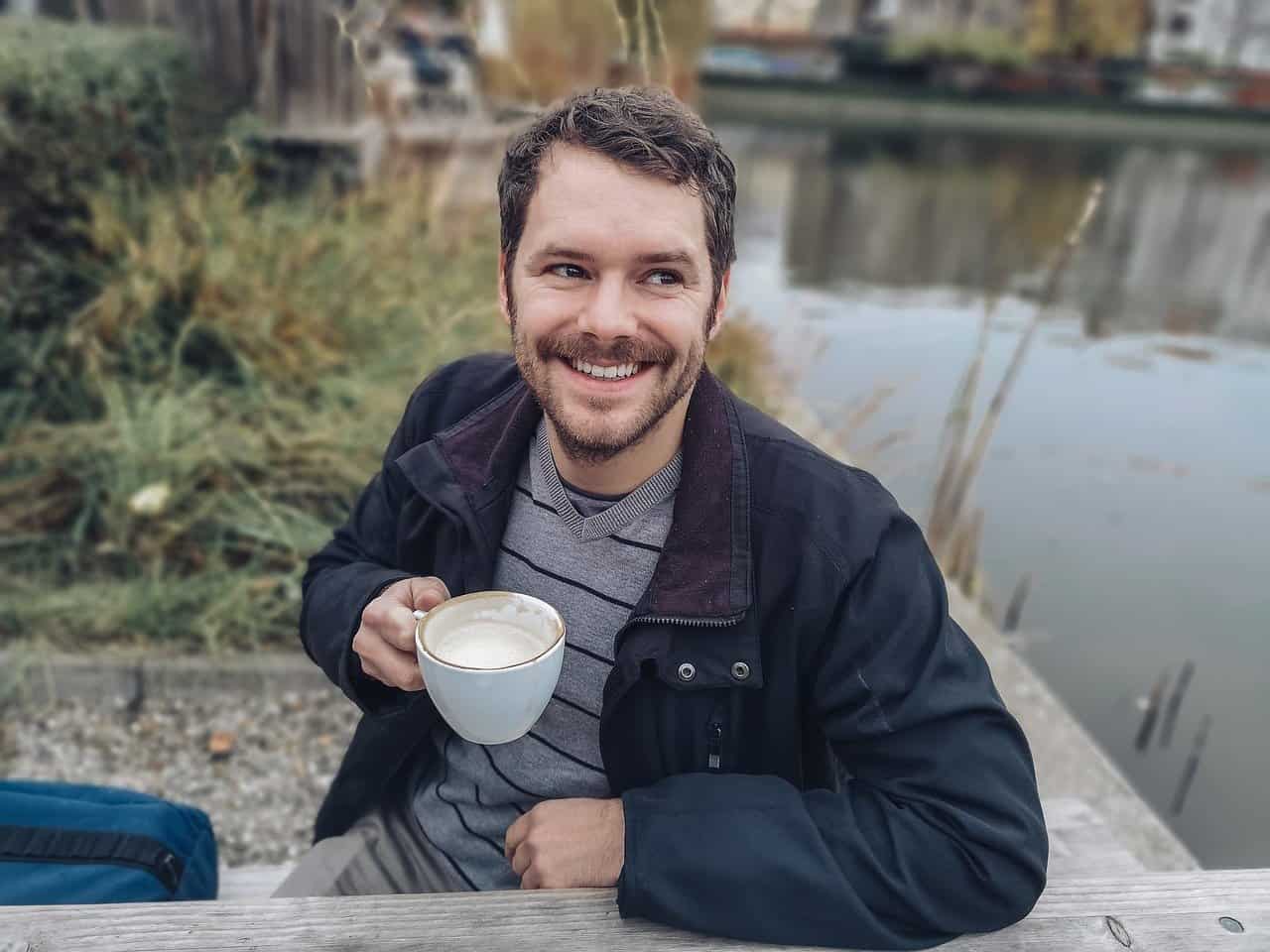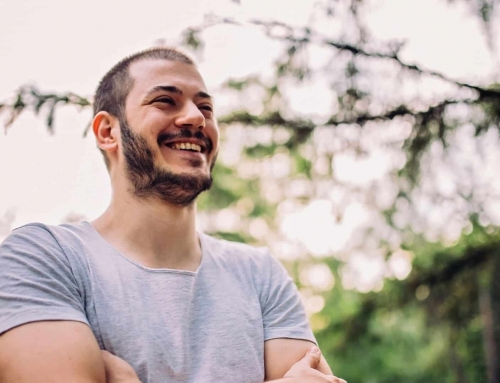It is a fact that the youths are among the most vulnerable in our bustling population. They are vulnerable because they are at a much higher risk of developing a substance use disorder in life. The youth experiences certain things that put them in a very vulnerable state.
The period in which they survive is mostly characterized by self-focus, identity exploration, increased independence, new choices, and opportunities, as well as changes in education, employment, and residence. This is the period where many individuals start alcohol or drug use.
Social-ecological context
Substance use among youth is often the outcome of many contributing factors. They are influenced not only by their specific personality traits or genetics but also by their bonds with others, the communities to which they belong, and the broader society in which values are embedded.
After knowing the context of the prevalence of alcohol and drug use, it’s best to know as much as possible about the preventive ways in which the youth can be pushed on a healthy path.
Effective prevention tactics are crucially important in community efforts to combat alcohol and drug use. The effect of alcohol and drug use often reaches beyond the abuser to family members, co-workers, family, and society at large. All preventive strategies share a common goal: strengthening protective factors, such as well-developed social skills, robust family bonds, attachment to school, and active involvement in the community and religious organizations while decreasing risk factors that advance vulnerability to drug use.
Successful prevention strategies incorporate the gender, cultural, and age-specific needs of participants.
1. Developing Family Bonds
Parents are strong influences in the lives of their children. Via words and actions, they can offer key guidance on alcohol and drug use. Parents have a significant role to play in prevention – not only within the family but also in collaboration with schools. Parents can also take part in family therapy, where the whole family understands tactics to heal from the effects of addiction. Prevention programs work best when they function to enhance parent-child communication and improve other family skills.
2. Taking Positive Choices
One of the most crucial things we can teach the youth is the ability to make good choices in their lives. Prevention programs help youth who are having difficulties in making choices that would support a healthy lifestyle. At prevention programs, the youth learn the following:
- Decision-making
- Values and morals
- Evaluating priorities in everyday life
- Accepting responsibility for their actions
- Peer pressure and how to handle it
- Self-esteem
3. Empowering Communities
Communities can find answers to many of their own problems. Community-led initiatives addressing the difficulties of alcohol and drug use have grown throughout the last decade. The community comprises service providers, educators, residents, business leaders, law enforcement officials, and others – who combine financial and human resources to address issues within the community.
To combat drug and alcohol use, it is crucial for communities to spend their limited resources implementing programs that have shown promise. When a program model is replicated, it must be evaluated to make sure that it is working in the new community. Incorporating a plan into program development is crucial.
With proper tools, youth can learn the way to live a healthy lifestyle and avoid a potential alcohol and drug abuse problem down the road. Individuals rarely recover from addiction without help. Addiction specialists at rehab centers make sure that the children get the treatment they need.
We at Compass Clinic, Oklahoma, Texas have a team of very professional trained experts who work tirelessly to make sure that your recovery process is not hampered by the ongoing pandemic. We use evidence-based treatment approaches that are much more effective for teens than for adults. We want to make sure that you get the help and support that you need to sail smoothly through these times.
If you are struggling and want to make a healthy change, you can either speak to our experts or book an appointment with us. We also offer in-person treatment within the confines of your home.



